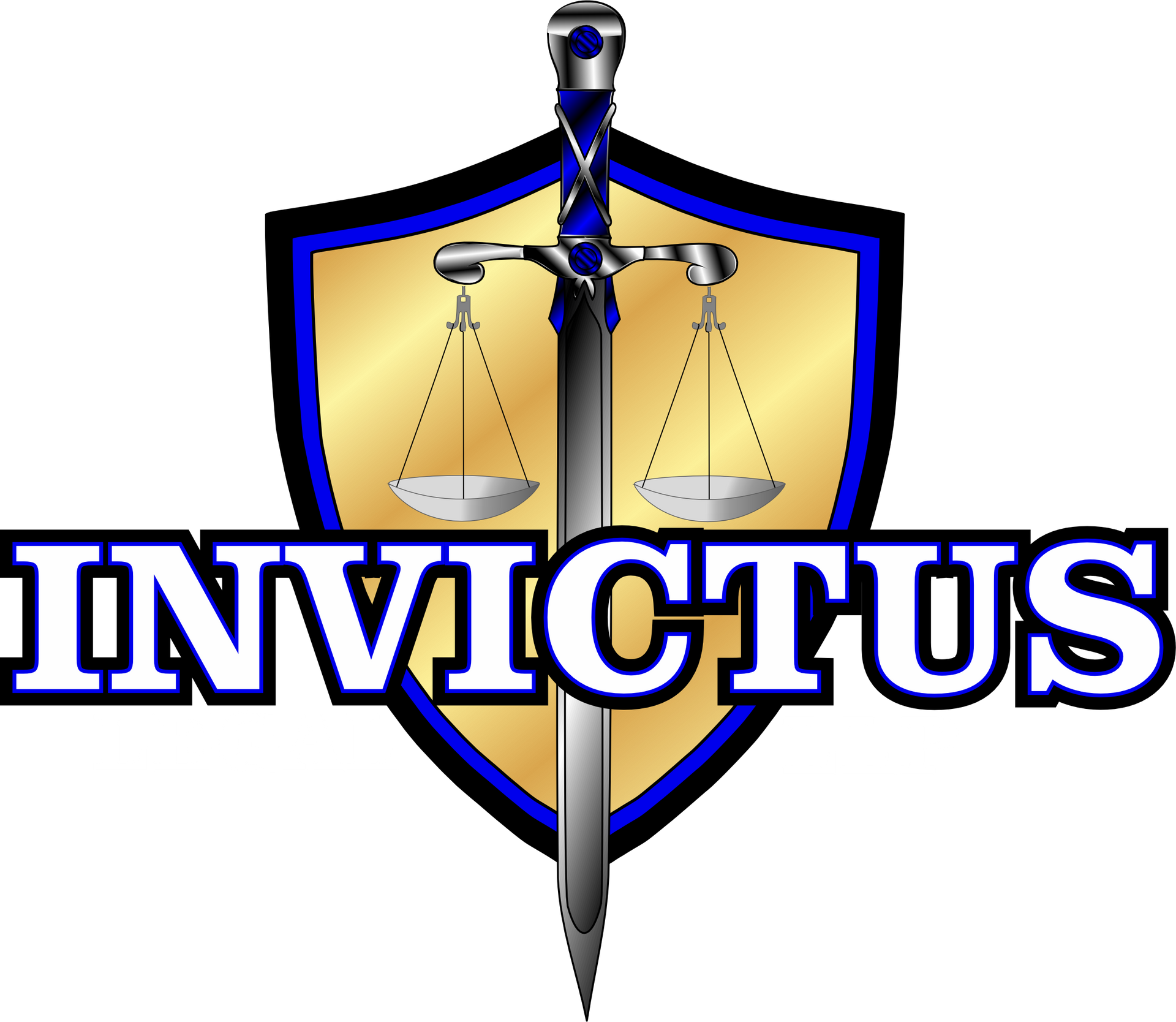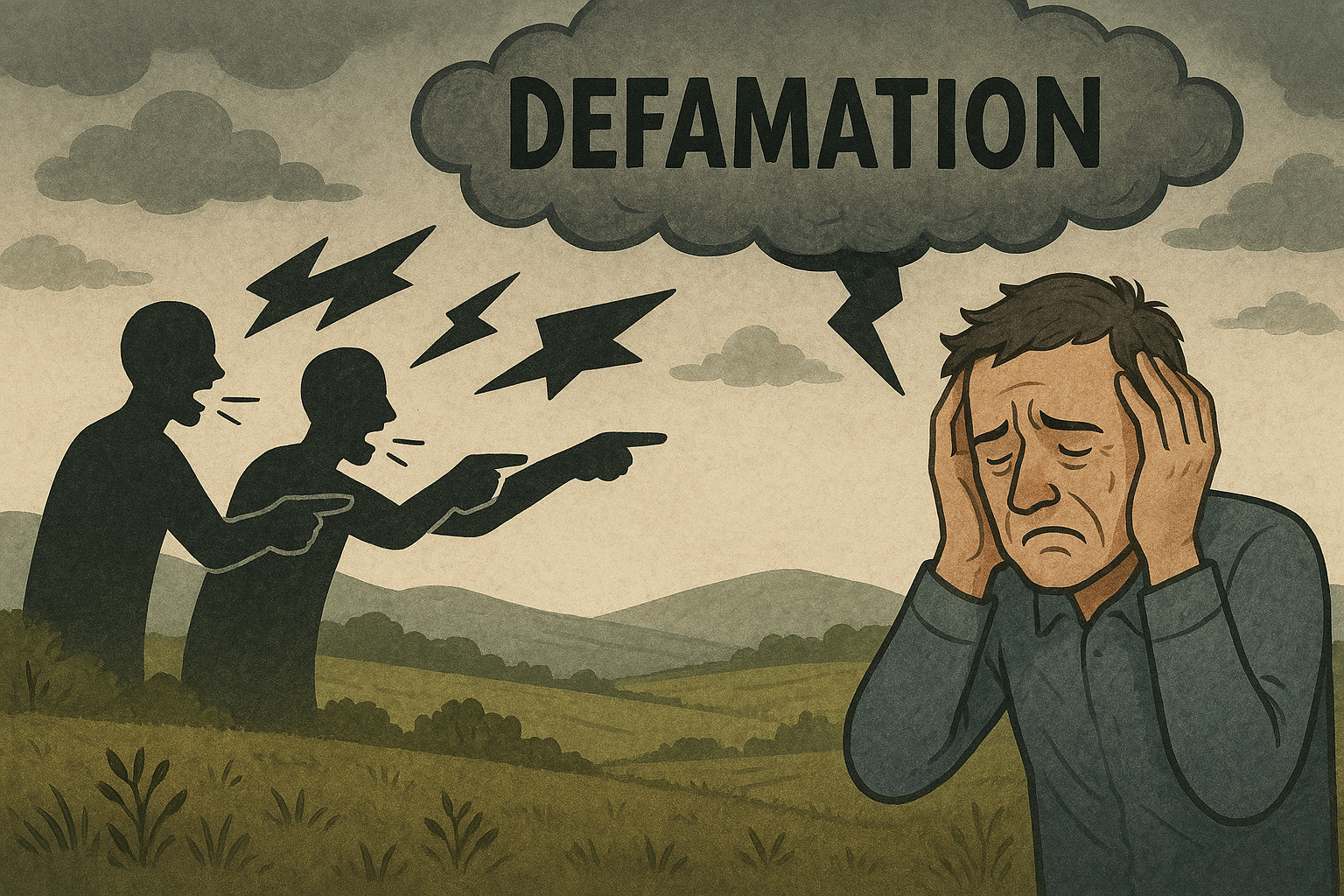Worker’s Compensation
Worker’s Compensation
I was injured at work. What do I do?
First, you have to report your injury to your employer. You may need to fill out a report and then file what is known as a Form 6 – Worker’s Injury Report. In this report, you need to describe what happened, if anybody saw what took place and how you were injured. Were you transported to the hospital? Did you follow up with your family doctor? If you need medical attention and have to leave work to get it, your employer is responsible for paying you until the end of your shift and to arrange for transportation to the hospital.
Second, you may wish to make a claim for Workplace Safety and Insurance Benefits (WSIB) to help compensate you if you have to spend time away from your job, as well as to receive medical care (such as physiotherapy, counseling in the event of psychological impact or trauma, medications). The law requires the employer to hold your job for you for a period of time after you were injured, so that when you recover you can return to your job. There are cases when your injury is so serious or long-term that doing your job is no longer an option. You will be evaluated to see if any treatment you received has reached its maximum potential. If this is the case and you are still unable to return to your job, even in a modified form, WSIB might assist you in getting training and education supports to help you get another type of job in your community.
I am being forced to go back to work and my doctor says I am not ready.
This is a common experience of many WSIB claimants. If you are receiving help from the WSIB, you are obligated to cooperate with them in terms of accepting treatment and returning to work at the earliest possibility. If you are not able to do your full responsibilities because of your injury, your employer (if possible) is required to offer you modified duties. This means that your employer needs to carve out a job for you to do that does not further injure you and could be performed despite your injuries. Failure to cooperate can result in your loss of benefits.
Many times, this is when people contact our office. We can file an Intent to Object (ITO) and if later required, an Appeals Readiness Form (ARF). There are tight deadlines for these things to happen, so make sure that you contact our office as soon as possible when you first experience a problem like this. There may still be meetings between yourself, your employer and a representative from WSIB called a Workplace Transition Specialist (WTS worker). The purpose of these meetings is to determine what might be possible by way of modified work and where applicable, the timing of your return to full duties. Your appeals can still continue throughout these discussions, but you must attend these meetings.
What if I am permanently unable to do my job?
This can take some time to determine. Most people can return back to work within a reasonable period of time, but many workers will not be able to do so. This is because your injuries might be too severe or limiting to the point that you can no longer perform the essential duties of your job. This is evaluated over time with your health care providers who will periodically complete what is known as a Functional Abilities Form (FAF) that spells out what your restrictions are. Your WTS worker will attempt to work with your employer to find work that you can do that fits within your restrictions. However, sometimes this is not possible because your injuries might be permanent.
Your file will be sent for evaluation at the WSIB’s NEL unit to determine how severe your permanent injuries are and how much of an economic impact over time your injuries cost you because you can no longer do your job. If there is another type of job you can do for another employer, you may be assisted in preparing to change your career. For many people, this can involve going back to school for retraining or upgrading. During this process, you will continue to work with your WTS worker and get any supports you need to help you in choosing a suitable career path, preparing for and graduating from any training program to help you in your new career. After that, there is a brief period of support to assist you in writing your resume, approaching potential employers in your new field and preparing for any interviews. WSIB does not place you or find a job for you, but they help you do this yourself.
There are sometimes disputes that can take place where WSIB believes you should be aiming for a particular career path that you do not feel you are capable of working in, or you feel there are not enough jobs, or the training program they send you to is inadequate to prepare you for your new job. These issues can also be appealed. These time frames are very tight and it is very important that once a decision is made that you object to, get in touch with us right away. Your WTS worker may reconsider after they receive your Intent to Object form or it may have to go to the Appeals stage.
What happens if I complete the Work Transition program, but not find any work in the field or in any other field?
After you complete your work with your WTS worker and you have completed your ten weeks of work search assistance, it is assumed by WSIB that you are capable of working in your new field. This is called deeming. This is despite the fact you may actually be unable to do the job in your field because your injuries became worse, or changes in the type of job have been made over the course of your training that put you outside of your restrictions in order to actually do the new job. You also may be able to work in your new field, but just cannot find a job anywhere.
Your WSIB benefits will claw back the amount of expected income you would be making in your new job and you would only receive a top up. If your new job is a minimum wage position, and the minimum wage is raised by the government (such as the proposed move to a $15/hour minimum wage), your WSIB benefits will continue to be deducted accordingly. You may be able to appeal this if, due to your injury you find yourself medically unable to do your new job or similar jobs to it. This requires a new appeal process.
What can Invictus Legal LLP do for me if I am having trouble with WSIB?
We can certainly answer your questions, assist you if WSIB is claiming you are not eligible to begin with (helping you prove the injury took place at your job), if your benefits are cut or denied, or if you are later told you have to go back to work when both you and your doctor feel you are not ready. We can also assist you if you are denied coverage for specific assistance you might need that would help you recover or return to your job.
What happens if I appeal to the Appeals Resolution Officer (ARO) and I am still unhappy with their decision?
WSIB has a two tiered appeals process. When you first file your ITO and later file your ARF, your appeal is still within the purview of the WSIB. However, a senior adjudicator called an Appeals Resolution Officer (ARO) will arrange to set up your appeal. At one time, these were always done in hearings held in person, which gives the ARO an opportunity to meet you and ask their own questions in response to your story. The ARO would then make a decision and send it to you in writing with reasons. Today, many of these decisions are made by a written hearing, meaning that both you and the employer (if they are still involved) send arguments in writing to the ARO and the ARO will made a decision based on that. As an advocate, I prefer in person hearings, as it is very difficult to give a senior adjudicator the full picture of your situation in writing, even if your doctors have supplied good medical reports. We can make a request to have an in person hearing, which they will grant in specific circumstances, such as if the case is complex or if there may be issues of credibility (or some of the documentation on file is contradictory). The ARO is still an employee of the WSIB, but they do work at arm’s length from the person that originally made the decision(s) that you are appealing. They have authority and can change the decision of your original case manager/ adjudicators. If you don’t like their decision, there is still a second tier to present your case to.
The second tier is called the Workplace Safety & Insurance Appeals Tribunal (WSIAT). The WSIAT is like a special court that only hears appeals about decisions made by the WSIB’s ARO. The decisions made by the WSIAT are firmly based in law, precedent as well as policy, and are final. An appeal from the WSIAT generally goes to the Divisional Court only if an error was made in the WSIAT’s interpretation of the law. Invictus Legal LLP can also represent you at the WSIAT. Because the WSIAT is more complex and involves a more detailed review of your case, you will probably need to get as much medical and other documentation in support of your claim early in the WSIAT appeals process. While new information can be admitted, there are time frames to do this. Also, WSIAT cannot hear any new claims or new issues at this stage, but will accept further arguments about the existing claims that have already been considered by the WSIB and the ARO level. Please call our office if you have any further questions. Our number is (905) 688-5598, or we can be emailed at ceo@legaladvocacy.ca.










